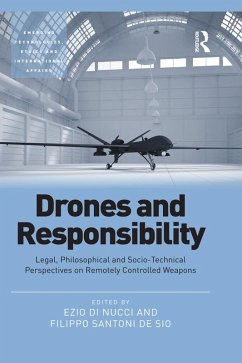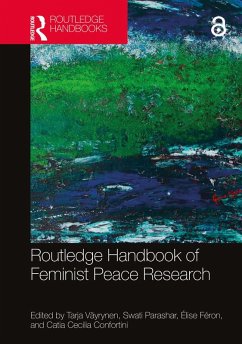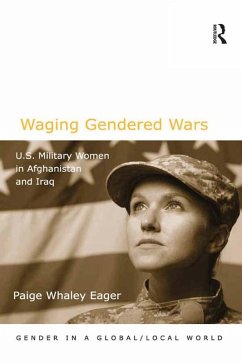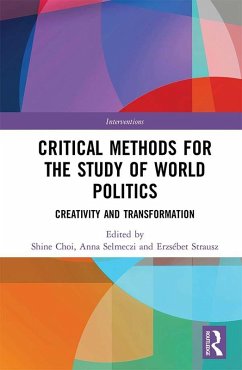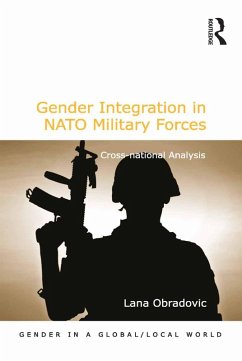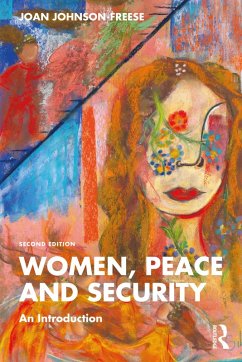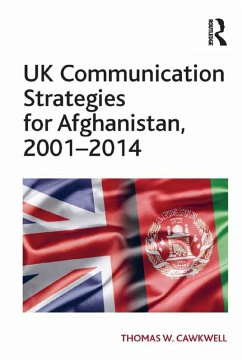
No Place for a War Baby (eBook, PDF)
The Global Politics of Children born of Wartime Sexual Violence
Versandkostenfrei!
Sofort per Download lieferbar
38,95 €
inkl. MwSt.
Weitere Ausgaben:

PAYBACK Punkte
19 °P sammeln!
Donna Seto investigates why children born of wartime sexual violence are rarely included in post-conflict processes of reconciliation and recovery. The focus on children born of wartime sexual violence questions the framework of understanding war and recognizes that certain individuals are often forgotten or neglected. This book considers how children are neglected sites for the reproduction of global norms. It approaches this topic through an interdisciplinary perspective that questions how silence surrounding the issue of wartime sexual violence has prevented justice for children born of war...
Donna Seto investigates why children born of wartime sexual violence are rarely included in post-conflict processes of reconciliation and recovery. The focus on children born of wartime sexual violence questions the framework of understanding war and recognizes that certain individuals are often forgotten or neglected. This book considers how children are neglected sites for the reproduction of global norms. It approaches this topic through an interdisciplinary perspective that questions how silence surrounding the issue of wartime sexual violence has prevented justice for children born of war from being achieved. In considering this, Seto examines how the theories and practices of mainstream International Relations (IR) can silence the experiences of war rape survivors and children born of wartime sexual violence and explores the theoretical frameworks within IR and the institutional structures that uphold protection regimes for children and women.
Dieser Download kann aus rechtlichen Gründen nur mit Rechnungsadresse in A, B, BG, CY, CZ, D, DK, EW, E, FIN, F, GR, HR, H, IRL, I, LT, L, LR, M, NL, PL, P, R, S, SLO, SK ausgeliefert werden.






